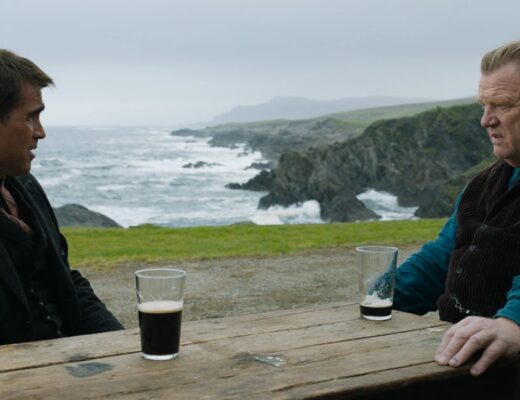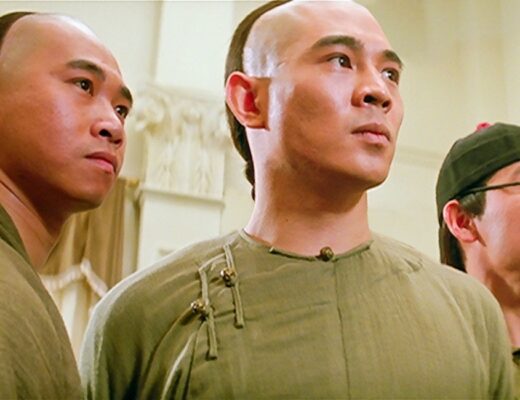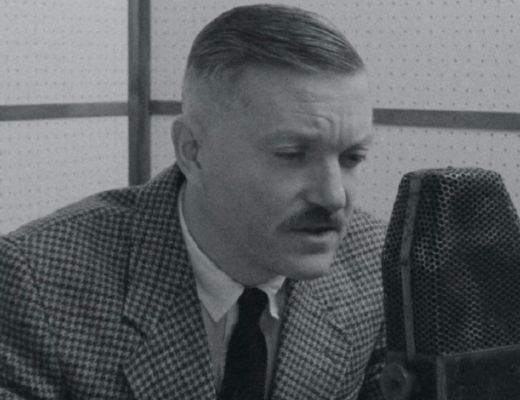Woeful Studies — alongside the accompanying Languish Arts — rejuvenates through rumination, attesting to Ka’s near-scholarly maturity and finesse.
The rise and enduring appeal of Brownsville rapper/producer Ka — a firefighter by day whose influence is cited by headier members of rap’s vanguard like Earl Sweatshirt and Navy Blue — are defined by dualities which go beyond being a firefighter who also raps (or a rapper who also fights fires). Emerging in the wake of Roc Marciano’s pivotal 2010 release Marcberg, Ka’s production style is indebted to Marciano’s hazy imprint, less beat than open world sandbox; yet his fan engagement is incredibly personal, with “release day” usually denoting a Saturday on which Ka sells records and merch out of his car trunk. His consistent use of metaphor as album-length structural conceit — past mood boards include the samurai code, Greek myth, and the Bible — presents a similar dichotomy, elevating stories with individual stakes into myth through topics friendly to notebook scrawls and New York hip hop lineage. Last year’s A Martyr’s Reward was Ka’s first album to forgo such a schematic, and (perhaps relatedly) scanned as his least satisfying release, impressing less than the lush, layered run of records which preceded it. With the simultaneous release of two new Ka albums, Woeful Studies and Languish Arts, A Martyr’s Reward now reads as a necessarily transitional work, away from using metaphor as a storytelling crutch. Though spoken word samples from classrooms and SAT terms crop up on both Woeful Studies and Languish Arts, their scaffolding is less education-as-subject than the provision of an educator role for Ka to step into, delivering two rejuvenated variations on his usual themes, whose maturity and finesse are near-scholarly in tone.
Though not explicitly billed as a diptych, the similarities between Woeful Studies and Languish Arts — their album titles and cover art, cast of collaborators, and shared 10-track/25-30 minute runtime — would suggest considering the two albums jointly, arguably as complementary sides of a double album. Between the two, Woeful Studies is the more immediate, featuring grimier textures and gruff on-mic performances from Ka. Stirring album opener “We Not Innocent” is an immediate highlight and a fitting introduction, its repeating couplet (“we not innocent / we into dollars”) speaking volumes despite the simplicity of its assembly. On the album’s dynamic second track “We Hurting,” Ka’s raspier flow asserts primacy in an ecosystem of brutal hardships, set to a cascading arrangement from producer Animoss which evokes bubbles boiling over onto stovetop. Both songs’ straight-shooter qualities — also embodied in the cautionary lament “The Block,” and sinister Chuck Strangers collaboration “Counted Out” — arguably make Woeful Studies Ka’s most direct release yet, absent any artifice obscuring the crucible which forged Ka’s perspective. As is Ka’s way, nothing is ever too direct: in standout performances on “Obstacle” and “Reap,” topically-linked rhymes arrive in dense word clusters, the effect considerably shocking coming from Ka’s typically earthbound voice. If aggressive on balance, Woeful Studies also makes space for rumination: album centerpiece “Eat” describes the upbringing which motivates Ka’s possession to succeed, climaxing in a distant, depressive third verse set to fittingly unadorned piano. On Woeful Studies’ closing track — the similarly grim “My Only Home” — Ka casts a world-burning anger outwards, but ends on an equanimical denouement; the song’s bitterness and resolve to continue are characteristically his.
If Woeful Studies concerns negative feelings still being processed, Languish Arts’ ornate repose offers stylistic and emotional distance from the urgency of Ka’s storytelling. Altogether more calm, and featuring productions led by gentle guitars and stabbing strings, Languish Arts’ aesthetic evinces tone poem-esque reflection, a warm salve compared to its counterpart’s searing burn. On opening track “Full Cobra,” Ka’s contrast between lyrical mastery and physical scars is accepting rather than aggrieved, at one point even breaking the fourth wall to thank his audience (“just telling my story, glad it’s received as music / it’s a lotta wounds in these tombs, please excuse it”). “Ascension” again sees Ka cherishing the writerly pursuits which supplied solace during his younger years, the narrative set to booming, blown-out strings whose enveloping quality makes the song one of Ka’s most beautiful productions. This musical diorama is matched by a verbal one on “Forgive Me,” Ka’s reminiscing (“because of where I rest, been assessеd to have less potential / it was torrеntial, just wanted rest, wish it was less eventful”) delivered with trademark complexity and fluidity. While this two-step between past and present can sometimes feel templated, the album’s diaristic wordplay preserves the novelty of Ka’s time-jumping technique, even defining it as his thesis on album closer “Last Place” (“this is the music suffering makes”). Where other storyteller rappers like billy woods pen hyper-specific narratives from witness protection-level anonymity, or deliver flashbacks with blunt force like Vince Staples, Ka has increasingly sculpted away the extraneous details from life story, here reducing it to fable in which proper nouns rarely appear, but no bar is too coded to evade explanation. Ka’s recently prolific output, and Woeful Studies and Languish Arts A-class status within it, suggest that his commitment to being understood is only growing more incisive.







